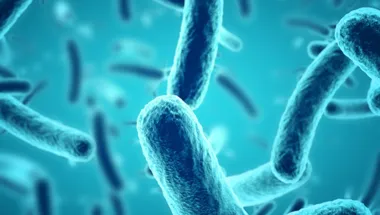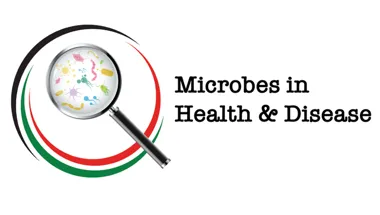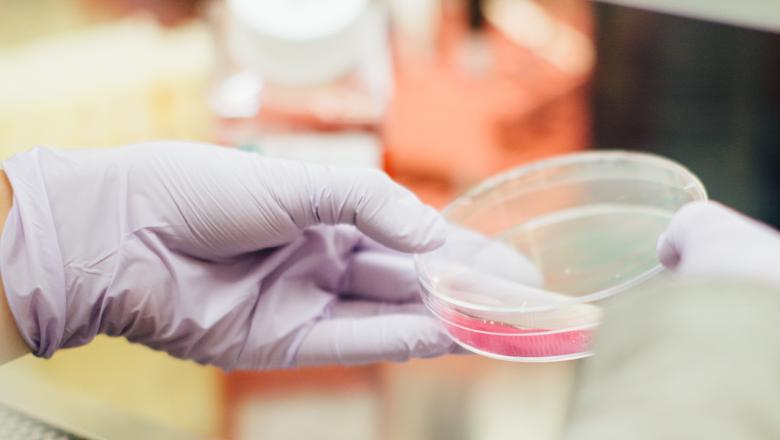
Professor Adil Mardinoglu
Professor of Systems Biology
Research interests
- Host-Microbiome Interactions
Contact details
Biography
Professor Adil Mardinoglu is an expert in the field of Systems Medicine, Systems Biology, Computational Biology and Bioinformatics. He is a Professor of Systems Biology in the Centre for Host-Microbiome Interactions (CHMI), King’s College London, UK where he leads a computational group. He also works as group leader in the Science for Life Laboratory (Scilifelab), KTH-Royal Institute of Technology in Sweden and leads a team of 25 researchers working in the area of computational biology, experimental biology and drug development.
Professor Mardinoglu received his Bachelor’s degree from Istanbul Technical University, Turkey in Electronic and Telecommunication Engineering and his PhD from Waterford Institute of Technology, Ireland in magnetic drug targeting applications. He worked as a postdoctoral researcher at Trinity College Dublin, Ireland and Chalmers University of Technology, Gothenburg, Sweden. His recent research activities include the generation of the context specific genome-scale metabolic models (GEMs) for human cell-types including hepatocytes, adipocytes and myocytes as well as certain types of cancer eg liver, prostate, glioblastoma and colon cancers. His research team also focuses on the integration of GEMs with the other biological networks including regulatory, protein-protein and signaling networks. He employs comprehensive biological networks for revealing the molecular mechanisms of complex diseases, identification of novel biomarkers and drug targets and eventually development of efficient treatment strategies.
Professor Mardinoglu has contributed to the creation of human tissue, subcellular and pathology within the Swedish Human Protein Atlas programme as well as the cell atlas within the international Human Cell Atlas programme. He has published more than 80 research and review papers in different journals including Science, Cell Metabolism, Nature Communications, PNAS, Cell Reports, Molecular Systems Biology and EbioMedicine. He is also co-founder of three different biotech companies focusing on the development of novel drugs for fatty liver disease and different cancer types.
Research

Mardinoglu Lab
The Mardinoglu lab is interested in development of genome-scale metabolic models (GEMs) for human cells/tissues and employing these comprehensive models in the analysis of omics data obtained from subjects with complex diseases.

Centre for Host-Microbiome Interactions
Millions of microorganisms live in and on our bodies forming microbiomes on different surfaces. Researchers in the Centre for Host Microbiome Interactions study our relationship with these bacteria and fungi in health or in oral and systemic diseases such as periodontitis, candidiasis, oral cancer and Alzheimer’s disease.

Microbes in Health & Disease
The Microbes in Health & Diseases Research Interest Group aims to foster collaboration across departments and faculties at KCL to explore the multifaceted role microbes play in health and disease.
News
Clinical trial shows metabolic activators accelerates recovery in COVID-19 patients
A collaborative study led by King’s College London has found that metabolic activators can reduce recovery time in patients with mild-to-moderate COVID-19.

Welcome to our new starters
Welcome the new academics that have joined us over the recent months

Research

Mardinoglu Lab
The Mardinoglu lab is interested in development of genome-scale metabolic models (GEMs) for human cells/tissues and employing these comprehensive models in the analysis of omics data obtained from subjects with complex diseases.

Centre for Host-Microbiome Interactions
Millions of microorganisms live in and on our bodies forming microbiomes on different surfaces. Researchers in the Centre for Host Microbiome Interactions study our relationship with these bacteria and fungi in health or in oral and systemic diseases such as periodontitis, candidiasis, oral cancer and Alzheimer’s disease.

Microbes in Health & Disease
The Microbes in Health & Diseases Research Interest Group aims to foster collaboration across departments and faculties at KCL to explore the multifaceted role microbes play in health and disease.
News
Clinical trial shows metabolic activators accelerates recovery in COVID-19 patients
A collaborative study led by King’s College London has found that metabolic activators can reduce recovery time in patients with mild-to-moderate COVID-19.

Welcome to our new starters
Welcome the new academics that have joined us over the recent months

